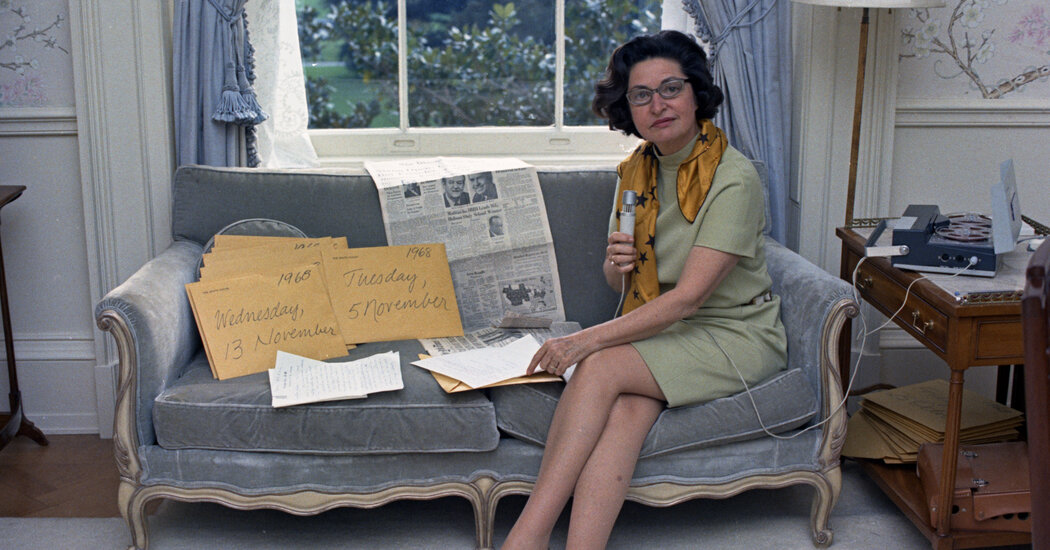Mr. Johnson experienced profound emotional distress, plunging into a severe depression that made him contemplate resigning from the presidency. His wife intervened, diligently shielding him from stress, aiding in his recovery, facilitating his return to work, and ultimately supporting his pursuit of a second term. She exhibited remarkable resilience as a seasoned campaigner, undertaking a train tour of the American South despite facing bomb threats from those opposed to Mr. Johnson’s civil rights agenda. However, when asked about the challenging task of “keeping the South in the Democrats’ camp,” Mrs. Johnson responded with characteristic modesty, stating, “That’s a large order for a woman.”
The narrative of the film unfolds during the tumultuous years of Mr. Johnson’s second term (1965-68), marked by war, riots, struggles for civil rights and against poverty, as well as the tragic deaths of the Rev. Dr. Martin Luther King Jr. and Robert Kennedy. Mrs. Johnson’s commentary on these events occasionally appears inward-focused and somewhat oblivious. Reflecting on her encounter with Jacqueline Kennedy at Robert Kennedy’s funeral, Mrs. Johnson emphasizes a perceived snub by the former first lady, stating, “I called her name and put out my hand. She looked at me as though from a great distance, as though I were an apparition. I felt extreme hostility: Was it because I was alive? At last, without a flicker of expression, she extended her hand very slightly. I took it with some murmured word of sorrow and walked on quickly. It was somehow shocking: Never, in any contact with her before, had I experienced this.”
This moment is peculiar, as Mrs. Johnson appears unable to consider other plausible explanations—such as shock, grief, terror, or flashbacks—for Mrs. Kennedy’s subdued demeanor. Instead, Mrs. Johnson interprets the situation solely on a personal level, overlooking the profound tragedy of the occasion.
This insularity may have served as a protective mechanism. In portraying her husband, the film depicts the woman renowned for her love of flowers as wearing rose-colored glasses. It extends this perspective to the audience, presenting Mr. Johnson solely as a heroic figure, a committed family man, and a progressive trailblazer. While his “Great Society” agenda resulted in monumental reforms like the Civil Rights Act, the Voting Rights Act, and Medicare, the film omits the darker aspects of his personality and presidency—his crude and abusive behavior, womanizing, and the devastating consequences of the Vietnam War remain unexplored.


